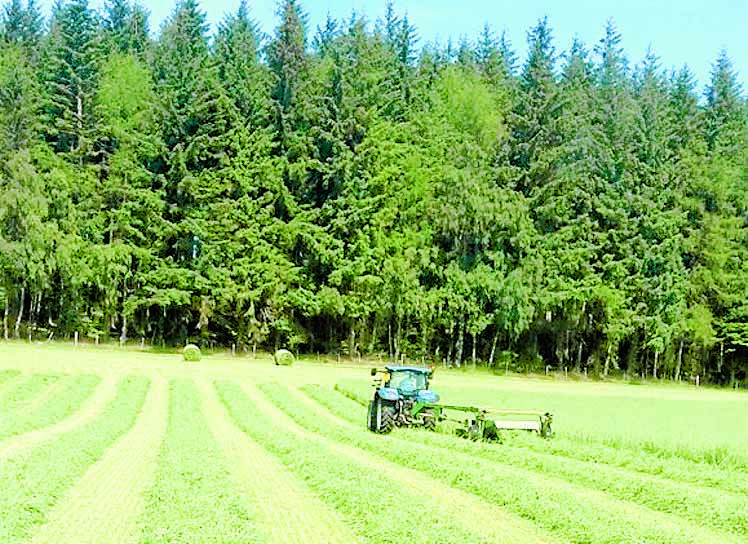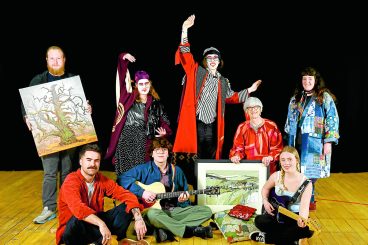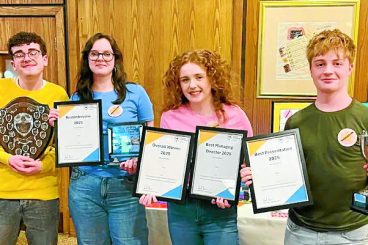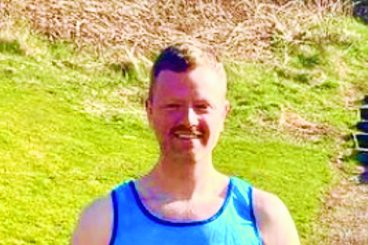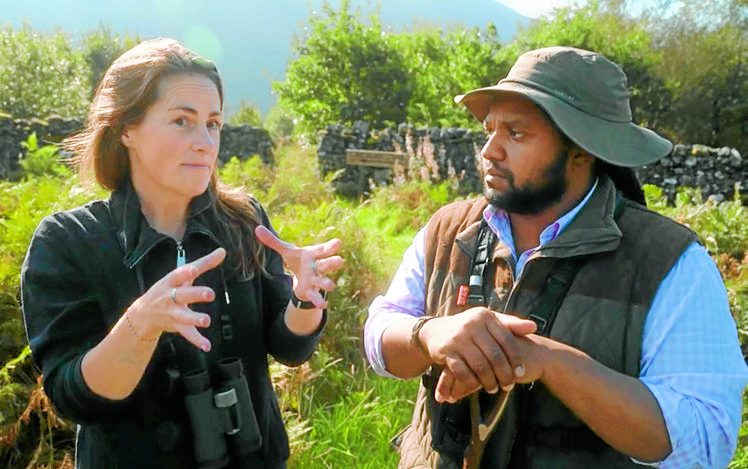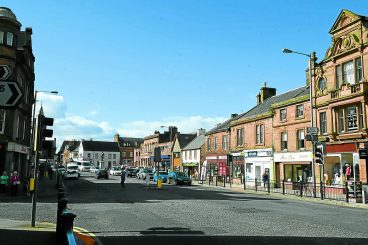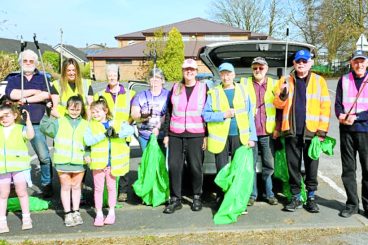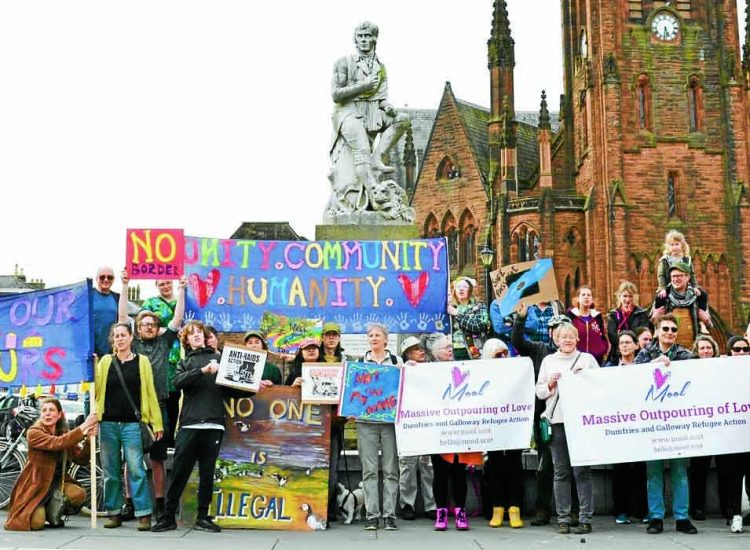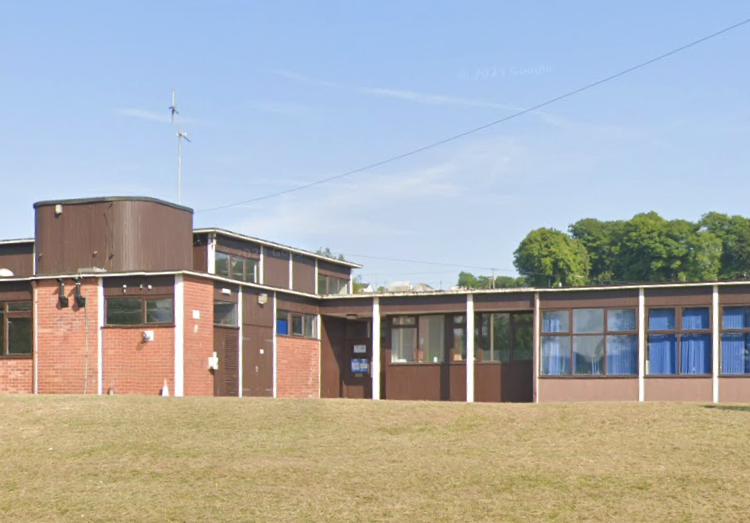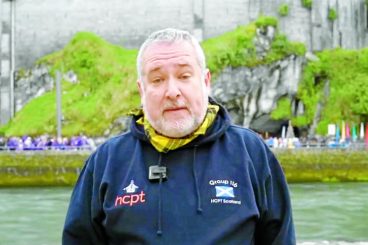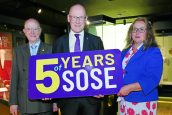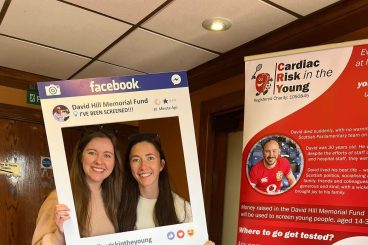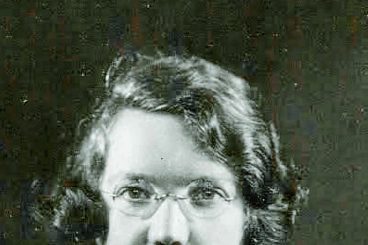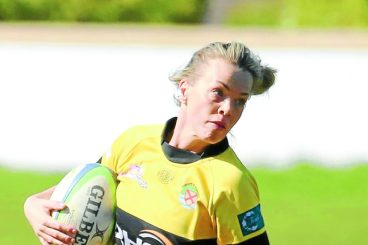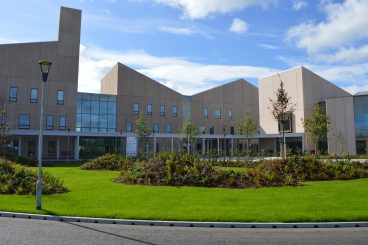FARMERS in South West Scotland who want to share knowledge and experience are being urged to join The Regenerative Farming Network.
It is led by farmers, for farmers and is an informal group for anyone with an interest in knowing more about regenerative farming.
The term can mean different things to different people, so the network tries to present information and ideas around building healthy living soils, high nature value farming, holistic management and grazing systems, reducing inputs through biological and integrated management, and other topics of interest.
For some farmers this comes after years of reading and researching, and trying out some ‘different’ things; others are completely new and just sticking their toe in the water.
John Veitch farms near Gatehouse of Fleet and joined the group over a year ago, first coming on a farm walk. He said: “For a long time I’ve been trying to include nature and biodiversity in my daily thinking. I was aware of regenerative practices, and had been doing my own version – reducing fertiliser and grazing longer swards. It’s become clear something needs to change. I stumbled across this group when looking for further reading and learning opportunities. It was gratifying to find there was more local interest, a knowledgeable and friendly group.”
Members receive a weekly bulletin with a round up of online and in person events, podcasts, videos, research and other reading.
There are also monthly farm walks, film screenings and socials.
In addition, there’s a soil health group of about 20 farmers who share access to the SoilMentor platform – a space to log results from hands on soil testing, such as infiltration rates and earthworm counts, as well as hearing from experts.
Huw Connick, a farm and land manager working across South West Scotland, joined the group about a year ago. He said: “When I joined the Soil Health Group just about a year ago it came at the good time for me. As someone who works professionally in land(s) management and thinks differently, the group, and individuals within it, have stimulated my thinking, encouraged me by their examples, challenged me to keep thinking differently and expanded my mind and knowledge base, in a safe and non-judgmental environment.
“A lot of the people in the group practice what they talk about and don’t just talk about it – there is engrained passion to regenerate land and not do harm. Above all they are living proof that ‘More is Possible’.”
Irene McCreath farms near Carsphairn and is also part of the network. She said: “Even though we have a diverse range within the group, eg from shore level to hill tops, things still have a similarity which makes one person’s results and findings more relevant and relatable. For some of us it is lack of mains water and how to try and manage both grass and access to water. For others it’s dealing with the sheer amount of rainfall in this area. All of it is useful and encouraging.”
The RegenFarm Network is free to join, and open to all types of farmers and food producers. For more information go to www.dgsustainablefoodpartnership.org/regenerative-farming-network.





